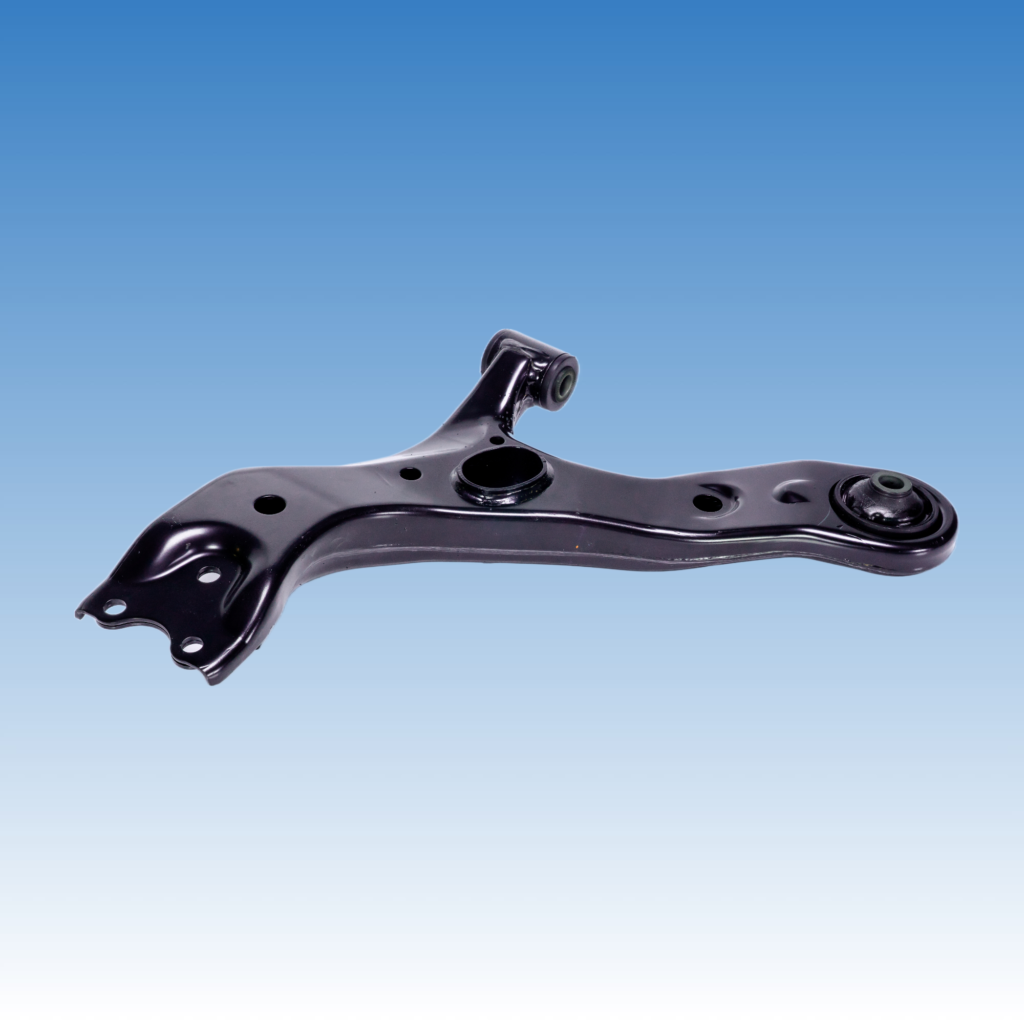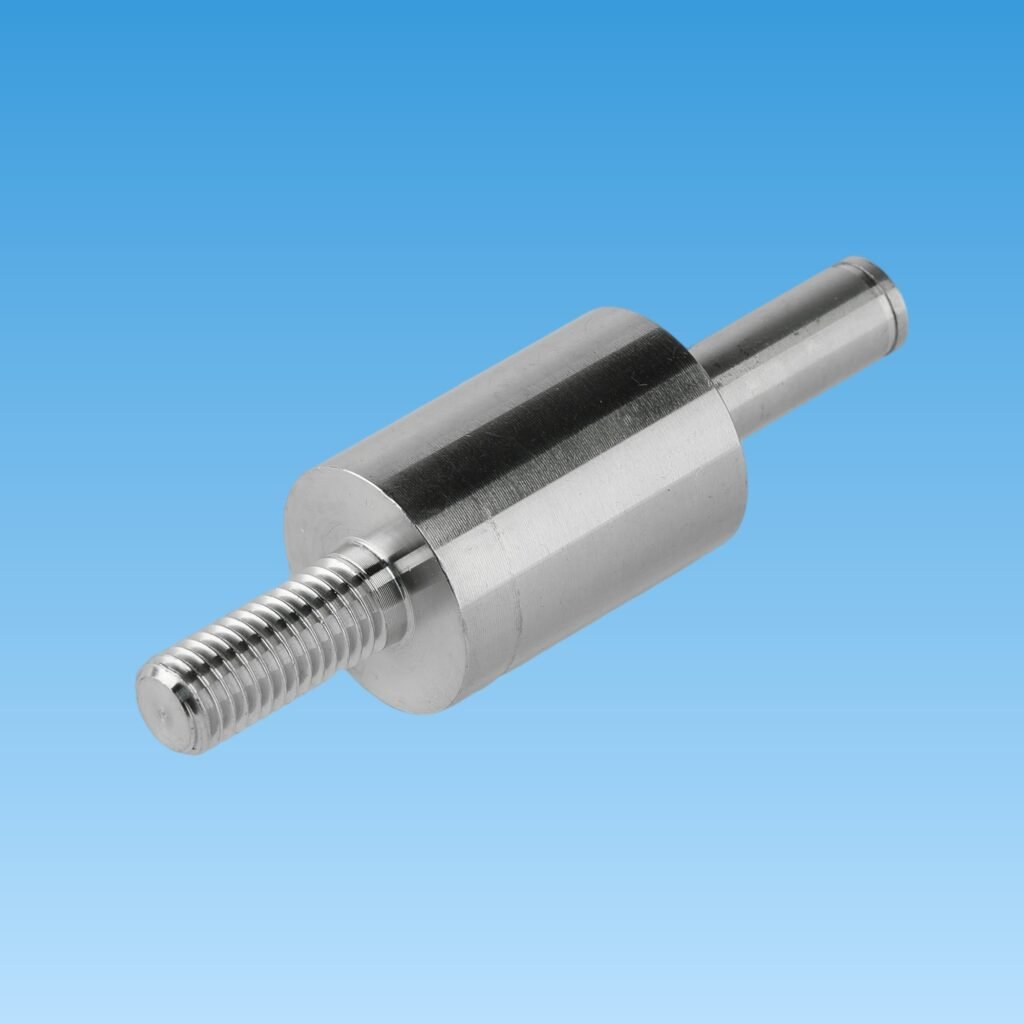When a fastener fails, even a small one, the entire machine can break down. This leads to downtime, costly repairs, and sometimes safety hazards.
ISO 19598 is important for precision fasteners because it sets clear, international rules for design, production, and testing, ensuring consistency, performance, and safety across industries that depend on fasteners.

In global trade, buyers face the problem of inconsistent quality. ISO 19598 reduces this problem by giving suppliers and buyers one shared standard. This helps reduce disputes and increases trust between partners.
How Does ISO 19598 Improve the Quality of Precision Fasteners?
A poor-quality fastener can cause misalignment, early wear, or even serious equipment damage. Buyers know this risk well.
ISO 19598 improves quality by standardizing materials, dimensions, and processes, making sure each fastener meets strict international benchmarks for durability and performance.

The standard ensures that fastener makers follow the same quality rules. This means fewer defects, smoother fits, and longer service life. For example, in automotive assembly, a misaligned fastener can slow production lines and cost millions. ISO 19598 requires strict monitoring of production and inspections that reduce errors before parts leave the factory.
Here is a structured view:
| Area of Control | ISO 19598 Requirement | Impact on Quality |
|---|---|---|
| Material composition | Defined specifications | Stronger and more reliable parts |
| Dimensional accuracy | Tight tolerances | Perfect fits with no rework |
| Process consistency | Standardized procedures | Fewer defects, predictable output |
| Inspection rules | Mandatory checks | Lower failure rate |
I have seen buyers relax once they know parts follow ISO 19598. They spend less time checking details and more time focusing on their own production.
What Are the Key Requirements of ISO 19598 in Fastener Production?
Without clear rules, suppliers may cut corners to reduce costs, leaving buyers exposed to risks.
The key requirements of ISO 19598 include strict control of raw materials, precise manufacturing tolerances, surface finishing, and documented traceability throughout the production process.

The requirements are not just about the end product. They cover the entire production chain, from raw material testing to final delivery. For example, if the steel used is below the required standard, no level of machining can fix it later. ISO 19598 makes sure every step has control and accountability.
Here is a breakdown of the main requirements:
| Requirement | Explanation | Benefit to Buyer |
|---|---|---|
| Raw material standards | Verified chemical composition | Stronger and consistent base |
| Tolerances and dimensions | Set limits for production | Exact fitting, less rejection |
| Surface finishing | Defined roughness levels | Better performance, less wear |
| Traceability | Records for every batch | Easier quality tracking |
I always tell my clients that these rules save them hidden costs. They don’t pay extra for rework, repairs, or replacement of failed parts.
What Role Does ISO 19598 Play in Ensuring Fastener Reliability?
Unreliable fasteners lead to breakdowns, customer complaints, and sometimes dangerous accidents. This risk keeps buyers awake at night.
ISO 19598 ensures reliability by demanding consistent material strength, strict fatigue testing, and process stability, so fasteners perform under stress, vibration, and heavy loads.

Reliability is not only about the part itself. It is about how it behaves under real-world conditions. ISO 19598 provides detailed guidance on stress tests, corrosion checks, and performance under heat or cold. For example, in aerospace, even one unreliable fastener can cause system failures. With ISO 19598, suppliers must prove reliability with measurable data.
| Reliability Factor | ISO 19598 Requirement | Outcome for Buyer |
|---|---|---|
| Strength | Tested under load | No unexpected breakage |
| Fatigue resistance | Cyclic stress tests | Long service life |
| Corrosion resistance | Surface and coating standards | Stable in harsh environments |
| Process stability | Repeatable methods | Same result every batch |
When I speak to German buyers, they often say: “We cannot afford failures.” ISO 19598 gives them peace of mind.
What Testing Methods Are Required by ISO 19598 for Precision Fasteners?
Without testing, buyers can never be sure if a part will perform. Trust depends on proof, not promises.
ISO 19598 requires testing methods such as tensile testing, hardness testing, torque testing, fatigue testing, and corrosion resistance checks to confirm that fasteners meet defined standards.

Testing makes the difference between theory and reality. ISO 19598 ensures every certified fastener is backed by measurable results. For example, tensile testing confirms the strength of the steel, while torque testing checks how well threads hold under stress. Fatigue and corrosion tests predict long-term behavior. With these methods, buyers know what they get.
Here are the key testing methods:
| Test Method | Purpose | Why It Matters to Buyers |
|---|---|---|
| Tensile test | Measure breaking strength | Ensures safety under high loads |
| Hardness test | Check material toughness | Prevents premature wear |
| Torque test | Verify thread performance | Secure assembly every time |
| Fatigue test | Test under repeated stress | Long-term reliability |
| Corrosion test | Resistance in harsh conditions | Longer life, fewer replacements |
I remind buyers that good testing protects both their machines and their reputation. ISO 19598 makes testing mandatory, not optional.
Conclusion
ISO 19598 protects buyers by improving quality, setting strict requirements, ensuring reliability, and demanding testing. It builds trust in precision fasteners and keeps supply chains strong.


